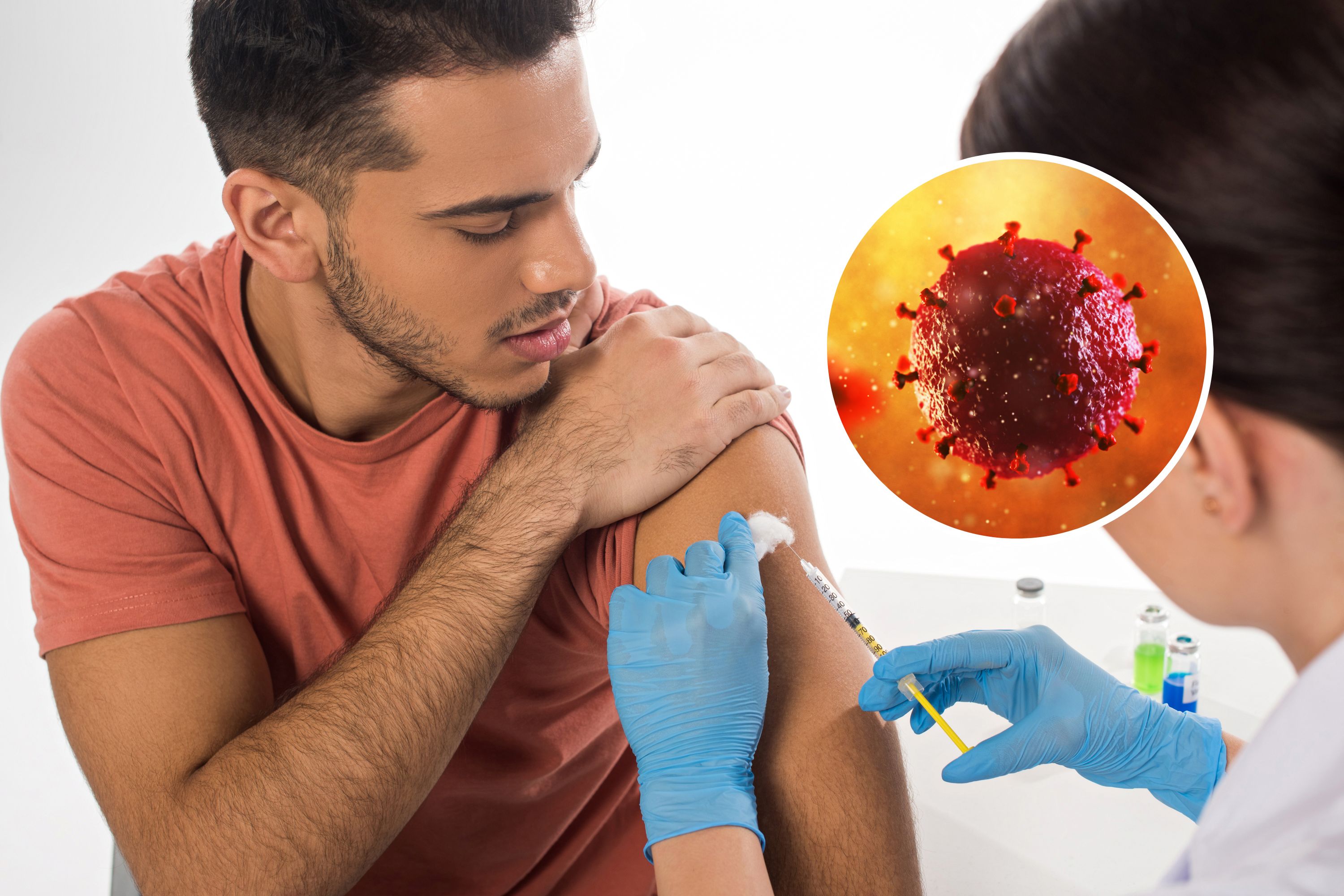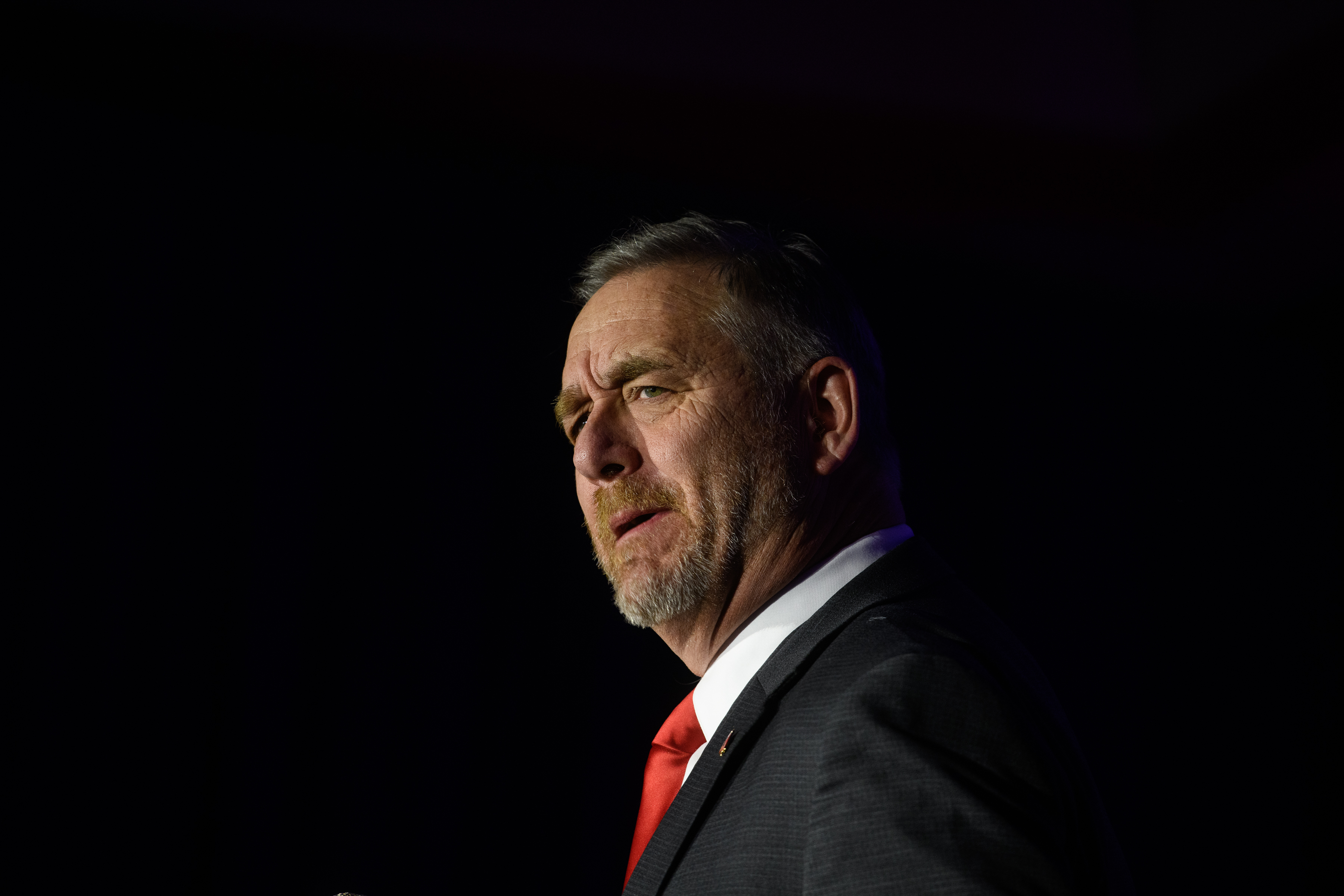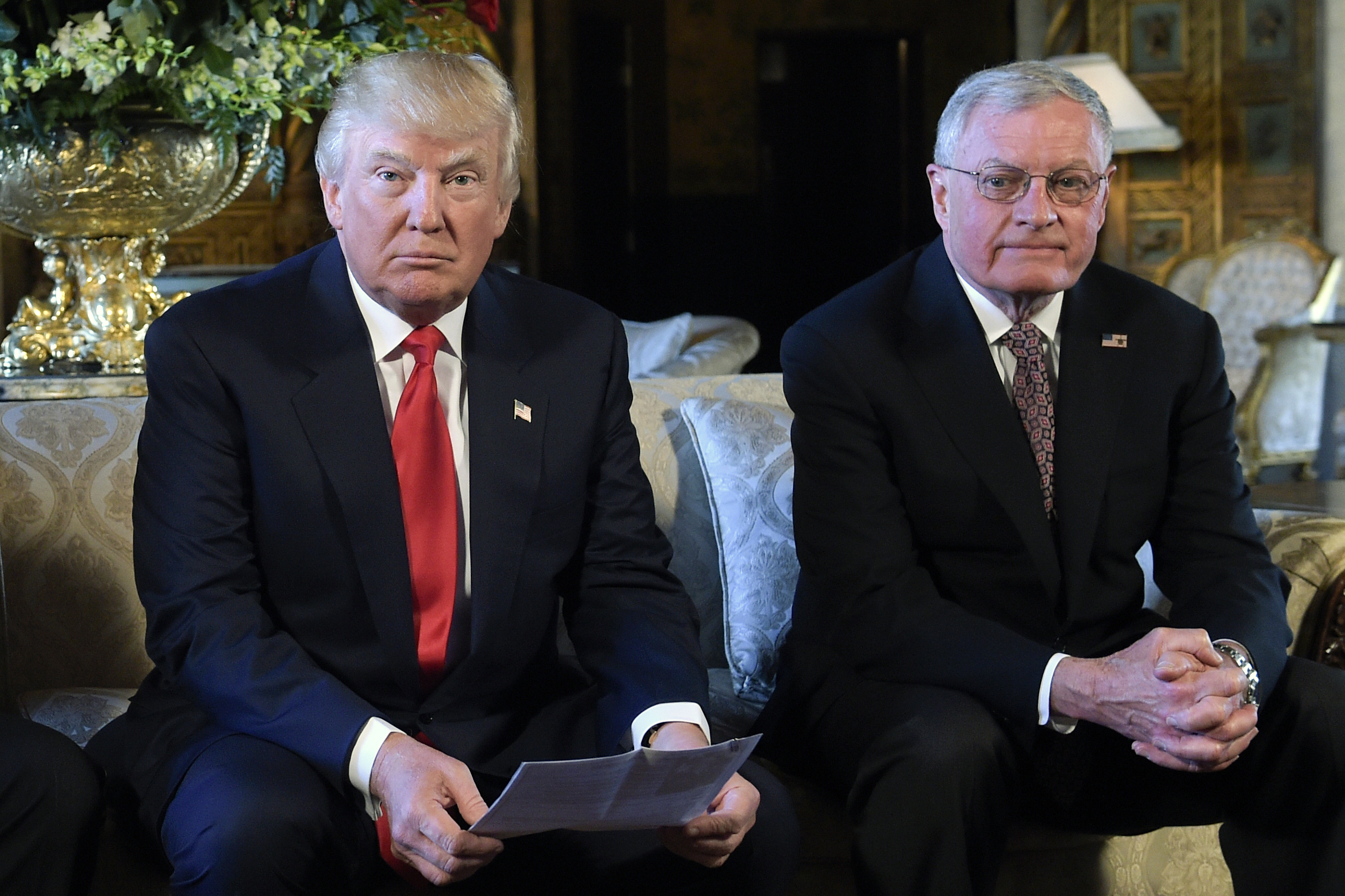President-elect Donald Trump has picked Robert F. Kennedy Jr. to lead the Department of Health and Human Services (HHS), joining a slew of unorthodox choices for his cabinet. While many have criticized this particular selection, Kennedy represents a unique shift away from the corporate capture that has pervaded the public health agencies. Despite legitimate concerns about his vaccine skepticism, Kennedy is the most progressive, anti-corporate nominee for the HHS secretary position that a Republican president would realistically put forth.
Historically, Republican HHS officials were entangled with the very corporate giants they regulated, giving industry significant power over our public health. Former HHS Secretary during President-elect Trump's first term, Alex Azar, worked for pharmaceutical giant Eli Lilly for a decade between his stint in HHS under President Bush and his tenure in the Trump administration. Trump's Food & Drug Administration (FDA) chief, Scott Gottlieb, served on the board of pharmaceutical companies before entering the administration and joined Pfizer's board of directors two months after resigning.
In contrast, Kennedy built his career suing corporate giants for harming the environment and public health. For example, his work supported making Monsanto pay $11 billion to agricultural workers and families for allegedly poisoning them and causing cancer from exposure to the pesticide Roundup. In 2017, he helped win a settlement making DuPont pay $670 million to Ohioans and West Virginians for contaminating their drinking water.
Kennedy's stated agenda to fulfill the duty of HHS secretary—protecting and improving public health—centers around combating corporate greed and malpractice. For example, pharmaceutical companies charge Americans three times more than peer countries for prescription drugs. Kennedy has railed against price gouging, and he supports the ability for Medicare to negotiate drug prices like other nations who pay far less.
For his HHS bid, Kennedy's "Make America Healthy Again" campaign aims to "end the chronic disease epidemic." The U.S. Centers for Disease Control and Prevention (CDC) itself estimates that around 60 percent of Americans have at least one chronic disease, 40 percent have two or more, and "chronic diseases are the leading cause of illness, disability, and death in America." At the same time, nearly three in four American adults are overweight or obese.

To combat these issues, Kennedy seeks to stop the pervasive poisoning of Americans by large drug and food companies. He points to European nations which have stronger regulations and ban many of the toxic chemicals and pesticides that regulators in the United States allow. U.S. regulators currently permit food additives with ties to conditions like cancer and attention-deficit/hyperactivity disorder (ADHD).
Survey research has shown that nearly 60 percent of calories Americans consumed from 2009-2010 came from ultra-processed foods, and high costs are a barrier to Americans eating healthier foods in 2024. Kennedy aims to reform the crop subsidies so that government money does not subsidize unhealthy food sources to make them cheap; rather, funds would make healthier foods like fruits and vegetables more affordable.
Another pillar of Kennedy's agenda is to weed out the corruption of the public health agencies by industry. For example, Kennedy has challenged FDA reliance on user fees, which are direct payments from the very pharmaceutical, medical device, and other companies that they regulate. Nearly half of the FDA's budget and two thirds of the human drugs budget comes from user fees.
Industry doesn't just pay user fees, they actively negotiate with the FDA every five years regarding the Prescription Drug User Fee Act and Medical Device User Fee Amendments. The FDA gets more user fee funding as they approve drugs and devices faster and with less evidence to show they're safe and effective. Industry lobbyists have even written provisions of similar legislation, and failure for the FDA to satisfy industry in negotiations would gut the agency as user fee funding sunsets after each five-year period.
A key component of the "corporate capture" of public health institutions that Kennedy also vows to "slam shut" is the revolving door. Top agency officials are part of a corrupting revolving door where former regulators get high-paying jobs with the companies they used to regulate as a reward for not challenging industry interests. Since 1980, every former FDA commissioner moved to work for the pharmaceutical industry in some capacity with the exception of Janet Woodcock who left the agency earlier this year.
Moreover, the advisory committees full of outside experts that health agencies often rely on when making decisions suffer from financial ties to corporate interests. For example, HHS and the Department of Agriculture appoint experts who help shape the U.S. Dietary Guidelines for Americans. In 2020, 95 percent of the committee members had financial ties to food and drug companies. Kennedy promises to ban these committee members from making money from those they regulate.
Ultimately, many drug and food company lobbyists were surprised that Trump nominated Kennedy, expecting a more typical Republican, corporate-friendly pick. Consequently, they are mobilizing to sink his nomination through the congressional influence they developed via campaign contributions, revolving-door hires, and lobbying.
Finally, while Kennedy has faced significant criticism for his skepticism of vaccine safety, concern over how his stance will affect his potential reign at HHS may be overblown. He promises not to prevent Americans from accessing any vaccine. Kennedy mainly wants to require more and higher quality studies of vaccine safety and increase transparency. Vaccine proponents and skeptics alike should agree that more evidence on effectiveness and safety is beneficial. Even world-renowned vaccine expert Dr. Stanley Plotkin coauthored an article in the New England Journal of Medicine highlighting the need for better postauthorization vaccine safety research because the current system is lacking.
Americans should ask ourselves whether the pick pharmaceutical companies support—who have paid billions in settlements for illegal behavior harming and killing Americans—would fight more for us than Kennedy. The answer seems clear: Within the context of a Trump Administration, Americans should strongly support Kennedy's nomination as he is the best chance of reigning in corruption and corporate power while prioritizing public health over profits.
Brandon Novick is the Domestic Program Outreach Assistant at the Center for Economic and Policy Research (CEPR). He holds a master's degree in political science and a bachelor's degree in communications, legal institutions, economics, and government (CLEG) from American University. Brandon wrote this article in his personal capacity, and the expressed opinions are his own and do not reflect the official policy or position of CEPR.
The views expressed in this article are the writer's own.



















 English (US) ·
English (US) ·